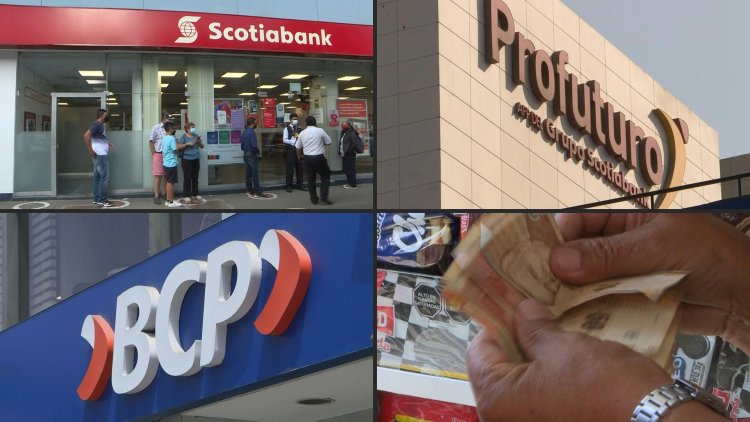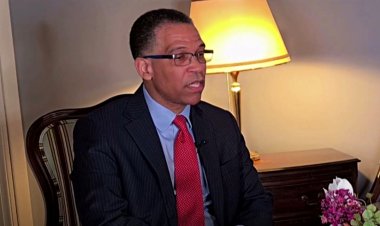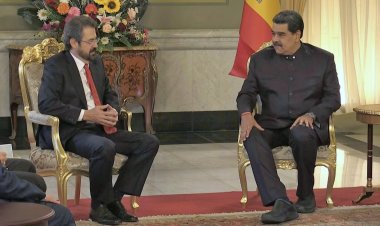"Eating rice with eggs is a luxury": price hikes distress Peruvians

In March, food prices in Peru rose 3.41% on average, the highest monthly variation in 26 years, according to official figures.
"Prices are very high. The situation is difficult and my pension is not enough," Julia Lázaro, 70, who receives a monthly pension of 460 soles (124 dollars), said.
The anguish over the higher prices has generated protests in Lima and other cities, resulting in one death and fifteen injured in clashes with the police.
But the hikes are not a problem unique to Peru.
World food prices reached "an unprecedented level" in March due to the war in Ukraine, which is seriously affecting trade in cereals and vegetable oils, the UN Food and Agriculture Organisation said in early April.
Faced with this complicated scenario, the World Bank, the International Monetary Fund, the World Trade Organisation and the UN World Food Program called for urgent measures to be taken against the growing "food insecurity" in undeveloped countries.
"It is essential to quickly provide support to food insecure countries in a coordinated way," the heads of these four agencies said in a joint statement on April 13.
Among the measures they proposed are providing funding to support farmers and increase the food supply in those nations.
In several cities in Peru, various unions are threatening strikes to pressure leftist President Pedro Castillo to stop the rises or freeze prices, something that the government cannot decree because the Constitution has enshrined the free market for three decades.
The protests over food and fuel hikes have not been directed directly against Castillo, but at times they are confused with demonstrations called by radical opposition groups seeking the early departure of the president, who has been in power for nine months.
Since December 2017, the Peruvian Congress has passed six "presidential vacancy" (impeachment) motions, such as those that led to the fall of Pedro Pablo Kuczynski (right) in 2018 and Martín Vizcarra (centre) in 2020. Castillo was saved the same fate when an attempt to remove him from office failed in March.
All this raises political tension and generates uncertainty in a country that has had five presidents in just over four years.
Under this situation, the Consumer Confidence Index, compiled by the pollster Ipsos and Apoyo Consultoría, fell to 34 points in April, its lowest level in 18 years.
To calm things down, the tax on sales of chicken, eggs, noodles, flour, sugar, meat and other basic foods, as well as the tax on fuel, was repealed on April 12.
In addition, Castillo raised the minimum wage by 10% to 1,025 soles (277 dollars) as of May 1.
However, the Episcopal Conference considers that "the economic measures that have been taken in recent days are insufficient."















